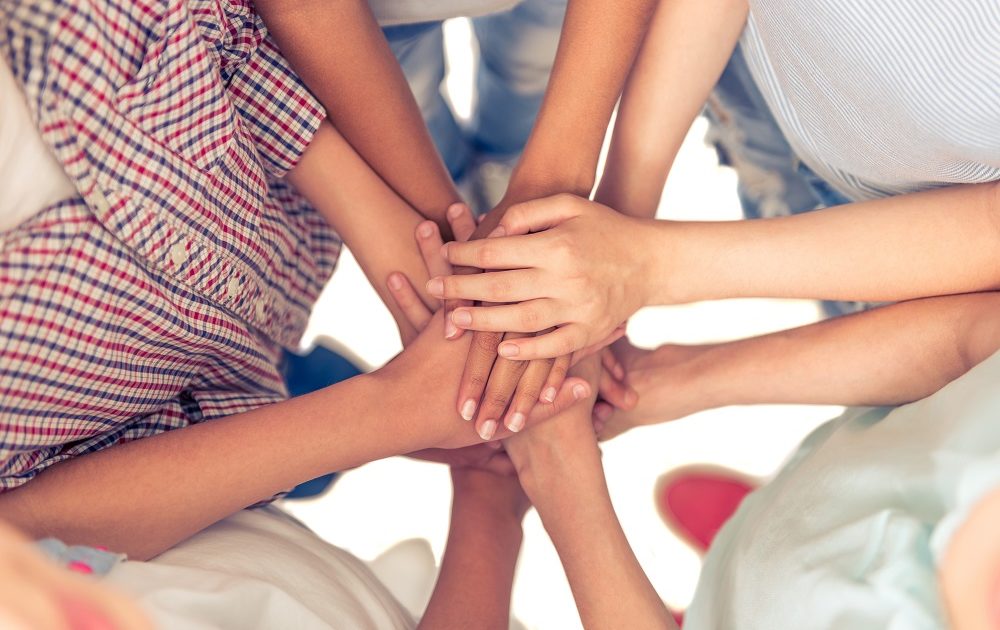
In recent weeks, the activities of the Bureau, like those of many international organisations, could not continue under normal conditions. While the current health crisis related to COVID-19 has prompted us to revise our work plans, our commitment to children has not wavered, on the contrary. We have initiated many advocacy actions aimed at protecting them, informing them but also taking them into account in this unprecedented situation.
Experience has shown that pandemics can create risks for children. In addition to the direct effects of the disease, measures to prevent and control its spread can also undermine child protection and exacerbate existing risks. We must therefore remain attentive to respect for children’s rights, especially in these uncertain times.
Protecting children deprived of liberty
Children deprived of their liberty are particularly at risk during a pandemic, living in crowded or unsanitary conditions, more often with psychosocial, physical or mental health problems, and more vulnerable to abuse and neglect. Following its guideline, recalling that the place of children is not in detention (see here), the Bureau continues to be committed to them in the current context. This is why we have supported the creation of a technical note dedicated to Children Deprived of Liberty in the context of COVID-19, released by the Inter-Agency Alliance for Child Protection in Humanitarian Action. The note complements the Technical Note on Child Protection during the Coronavirus Pandemic, and aims to provide authorities with key information and steps to follow in responding to COVID-19.
In particular, it encourages them to:
- Establish a moratorium on the entry of new children into detention centres
- Release all children who can be safely released
- Protect the health and well-being of any child who must remain in detention
Guaranteeing Human rights in the response to the pandemic
Alongside Amnesty International, the IBCR has been involved in advocacy work to ask the governments of Quebec and Canada to integrate human rights monitoring in their responses to COVID-19. More than 300 organisations, Indigenous community leaders, academics and politicians from across the country have come together to urge the federal, provincial, territorial and municipal governments to adopt strong monitoring measures to strengthen the protection of human rights and avoid possible violations caused by both the pandemic and the measures put in place to combat it.

Signatories call for an advisory role for human rights experts on ad hoc committees, emergency and crisis response working groups and other instruments established by governments to coordinate their response to the COVID-19 pandemic, and for the immediate establishment of independent human rights monitoring committees composed of representatives of Indigenous communities, affected communities, frontline service providers, human rights defenders, trade unions and academia.
Ensuring the sustainability of canadian charities
![]() Because the future of non-charitable organisations is also threatened by the crisis, the IBCR has also engaged with more than 200 Canadian organisations in an advocacy campaign to call on the Canadian government to release an emergency fund to ensure their sustainability, thus saving the sector and its essential programmes.
Because the future of non-charitable organisations is also threatened by the crisis, the IBCR has also engaged with more than 200 Canadian organisations in an advocacy campaign to call on the Canadian government to release an emergency fund to ensure their sustainability, thus saving the sector and its essential programmes.





